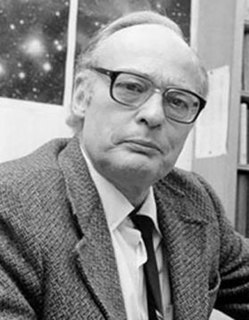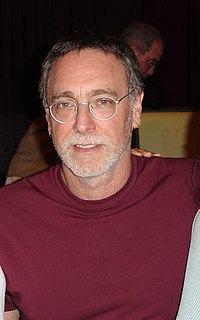A Quote by Maya Angelou
We write for the same reason that we walk, talk, climb mountains or swim the oceans - because we can. We have some impulse within us that makes us want to explain ourselves to other human beings.
Related Quotes
We write for the same reason that we walk, talk, climb mountains or swim the oceans - because we can. We have some impulse within us that makes us want to explain ourselves to other human beings. That's why we paint, that's why we dare to love someone - because we have the impulse to explain who we are.
We write for the same reason that we walk, talk, climb mountains or swim the oceans — because we can. We have some impulse within us that makes us want to explain ourselves to other human beings. That’s why we paint, that’s why we dare to love someone- because we have the impulse to explain who we are. Not just how tall we are, or thin… but who we are internally… perhaps even spiritually. There’s something, which impels us to show our inner-souls. The more courageous we are, the more we succeed in explaining what we know.
A person is a person through other persons. None of us comes into the world fully formed. We would not know how to think, or walk, or speak, or behave as human beings unless we learned it from other human beings. We need other human beings in order to be human. I am because other people are. A person is entitled to a stable community life, and the first of these communities is the family.
New York has a thousand universes in it that don't always connect but we do all walk the same streets, hear the same sirens, ride the same subways, see the same headlines in the Post, read the same writings on the walls. That shared landscape gets inside of all of us and, in some small way, unites us, makes us think we know each other even when we don't.
The flesh is what traps us, because no one has ever chosen his or her body to live in, has he? It's the flesh that makes us sick, that makes us old and that eventually ends up killing us. But at the same time, it's that glorious flesh that enables us to scratch heaven through sensuality, through passion. Paradoxically, the flesh that kills us will also make us feel eternal for a brief moment because that's what we are in passion, eternal - we abandon ourselves, we give ourselves to the other, so much that when we are loving passionately, death doesn't exist.
The impulse to confession almost always requires the presence of a fresh ear and a fresh heart; and in our moments of spiritual need, the man to whom we have no tie but our common nature, seems nearer to us than mother, brother, or friend. Our daily familiar life is but a hiding of ourselves from each other behind a screen of trivial words and deeds, and those who sit with us at the same hearth, are often the farthest off from the deep human soul within us, full of unspoken evil and unacted good.
Human beings of all societies in all periods of history believe that their ideas on the nature of the real world are the most secure, and that their ideas on religion, ethics and justice are the most enlightened. Like us, they think that final knowledge is at last within reach. Like us, they pity the people in earlier ages for not knowing the true facts. Unfailingly, human beings pity their ancestors for being so ignorant and forget that their descendants will pity them for the same reason.
The reason why we want to remember an image varies: because we simply 'love it,' or dislike it so intensely that it becomes compulsive, or because it has made us realize something about ourselves, or has brought about some slight change in us. Perhaps the reader can recall some image, after the seeing of which he has never been quite the same.
No matter what part of the world we come from, we are all basically the same human beings. We all seek happiness and try to avoid suffering. We have the same basic human needs and concerns. All of us human beings want freedom and the right to determine our own destiny as individuals and as peoples. That is human nature.
If we know anything about a path at all, it's only because of the Great ones that have gone before us. Out of their love and kindness, they have left some footprints for us to follow. So, in the same way that they wish for us, we wish that all beings everywhere, including ourselves, be safe, be happy, have good health, and enough to eat. And may we all live at ease of heart with whatever comes to us in life.





































